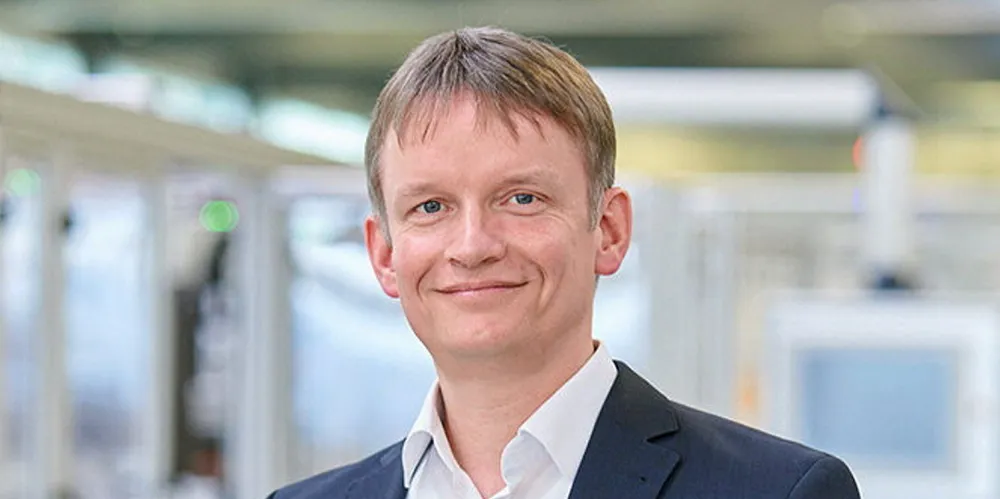China's EU dumping makes subsidy-rich US a no-brainer for growth, says renewables player
Swiss solar manufacturer Meyer Burger to pause further EU plans on lack of 'fair market conditions' due to alleged practices of Chinese rivals

Swiss solar manufacturer Meyer Burger to pause further EU plans on lack of 'fair market conditions' due to alleged practices of Chinese rivals
